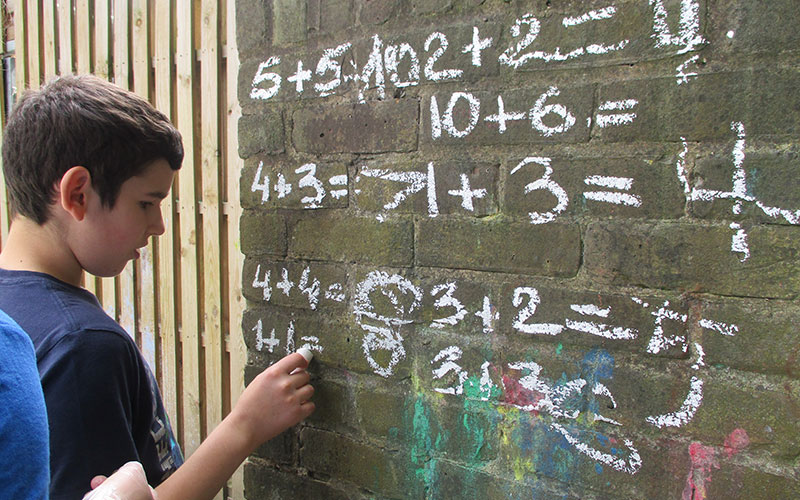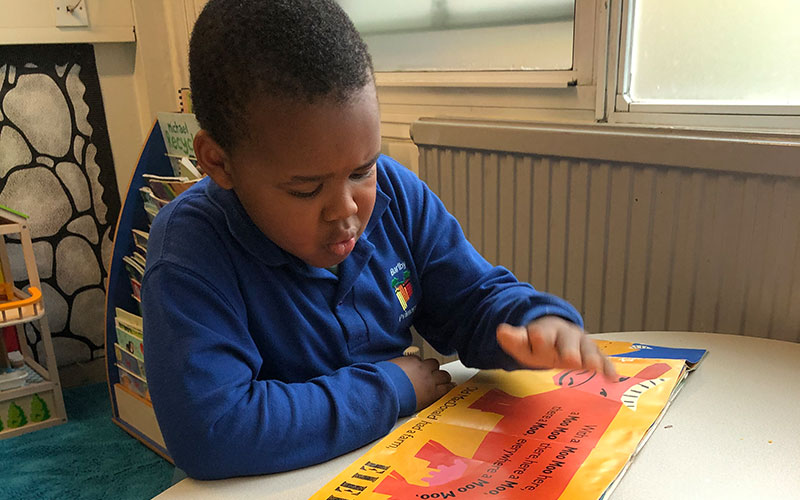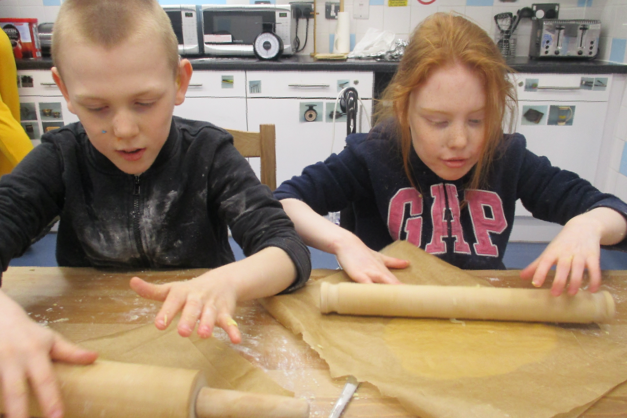By the age of around five or six children typically acquire the core foundations of language and recognise a full range of sounds (such as ‘th’). Now at school, children will start to demonstrate advanced behaviours imperative to their speech, language and communication development, such as the ability to listen, ask for help and follow multi-part instructions.
You may notice that children begin to use language to emotionally regulate and form longer sentences using words such as ‘so’ and ‘then’. At this stage it’s typical for children to flex their language skills to compare words with similar sounds (e.g. hi and high), ask questions and begin to add more complexity to their vocabulary.






